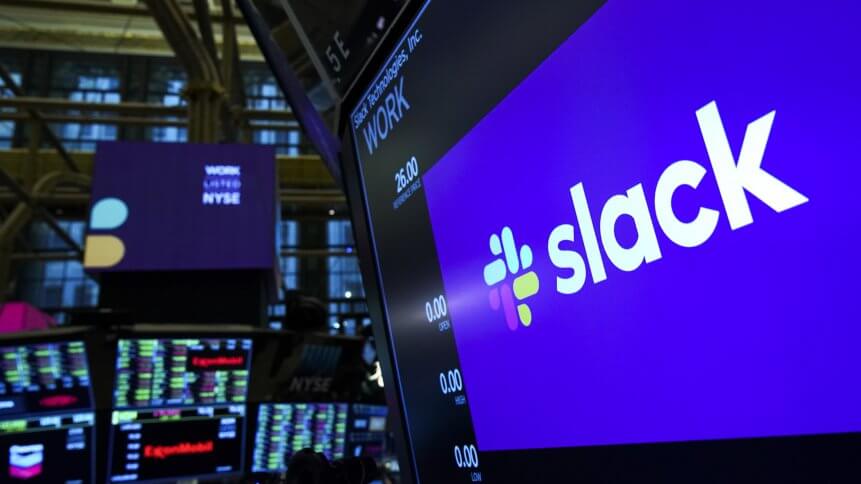Slack caught off guard by return-to-work surge

- The popular collaboration tool suffered an outage on the first day back for businesses in 2021
- The disruption is an indication of a new reliance on collaboration software
- Commentators compared the outage to a fire drill at an office
Popular workplace collaboration service Slack suffered a worldwide outage yesterday as its services were disrupted for about three hours, on the first working day of 2021. The outage, in the age of Covid-19 and remote working, underscores how intensely millions have come to rely on such online services to work from home during an unabating global pandemic.
Beginning around 10 am eastern time, the outage disrupted services in the US, Germany, India, the UK, Japan, and elsewhere was partially resolved by 1 pm eastern time as reported by many users on Twitter, though Slack’s website said customers may still be experiencing disruptions.
During the outage, users were not able to send messages, load channels, make calls, or even log in to the service, and some had problems with their calendars and notifications. The outage may have just sent many people either to Slack’s competitors, like Google or Zoom’s video services or back to basics — phone calls and emails.
According to the website Downdetector, which monitors service outages, more than 15,000 people complained of connection issues in places from Texas to Ukraine.
Launched in 2013, Slack is now an omnipresent tool for workplaces. More than 750,000 companies use the service, which allows for the creation of public and private breakout rooms as well as one-on-one chats. Going public in 2019, opening nearly 50% above its expected price at US$38.50, Slack Technologies’ initial market cap stood at US$19.5 billion.
In 2020, Slack had more than 12 million users, and shares have risen about 80% in the past year as people became more dependent than ever on internet-based communication while they work from home. Its market cap is now more than US$24 billion.
Monday’s outage came with Slack on the cusp of acquisition by cloud-based software company Salesforce for US$27.7 billion — a deal aimed at giving the two companies a better shot at competing against longtime industry powerhouse Microsoft.
To recall, in September 2019, Slack’s stock fell 14% after the quarterly earnings report revealed that it took an US$8.2 million hit to revenues because of credits to customers after service-level disruptions.
YOU MIGHT LIKE

What’s the risk of becoming too cloud-dependent?
Unavoidable outages
Outages are an unfortunate inevitability for internet companies. Even the larger players like Google are not spared at times no probability of downtime among startup tech companies are higher.
In September, Google services, including Gmail, Hangouts, Maps, and YouTube, briefly crashed, as did Slack and a suite of Microsoft services, including Outlook, Office 365, and Teams. In December, Google suffered another outage with its apps that lasted about 45 minutes. And in August, an outage involving the video service Zoom caused problems for several hours on what was the first day of school for many students.
Slack has also been facing increasing competition, especially from Microsoft, which offers a collaboration product called Teams. In July, Slack filed a complaint with the European Commission that claimed that Microsoft had unfairly bundled Teams with its Microsoft Office work products, including Word, Excel, and PowerPoint.
In terms of acquisitions in the communications and collaboration space, Slack and Salesforce weren’t the only two. Adobe said in November that it planned to acquire the management software company Workfront for US$1.5 billion, and Atlassian, which sells tools for developers, said it would buy the enterprise services business Mindville for an undisclosed amount.
In hindsight, those high-profile deals indicated intense competition in the market for workplace software. Executives at Slack, which was founded in 2010, had rejected such offers in the past.








